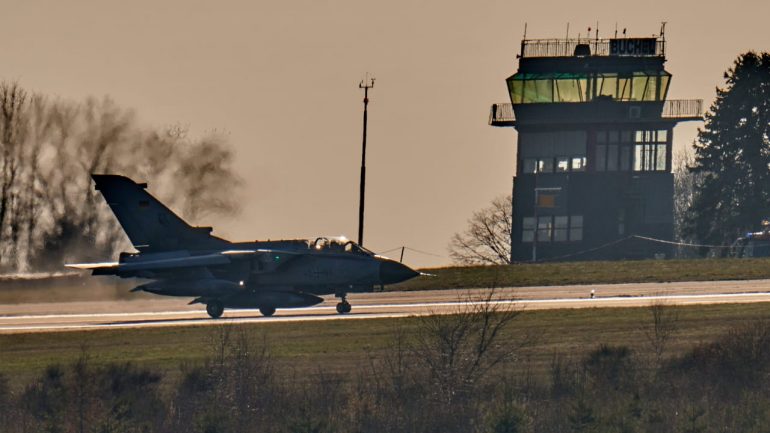American bases in Europe, where nuclear weapons are kept ready, are among the safest places on the continent. But it was only through simple flash cards that details related to security became known.
Research network Bellingcat It was found that American soldiers responsible for the preservation and maintenance of nuclear weapons inadvertently posted secret details about the facilities on the Internet – in some cases for years.
To guarantee the safety of nuclear weapons, guards have to cram in extensive information: security rules, protocols and procedures – for example, what to do if strangers enter the premises or if the guard is taken hostage.
Easy online search revealed vault password
Many soldiers apparently resorted to a popular aid while studying: digital flash cards. In a simple online search, Bellingcat activists linked frequently mentioned words regarding nuclear weapons with locations of military bases and thus obtained highly sensitive data.
Results: Soldiers had uploaded nuclear secrets from all six European military bases to learning platforms such as Chegg, Cram or Quizlet on which nuclear weapons are likely stored – and in some cases since 2013. Including the airspace at Volkel (Netherlands), at Aviano (Italy) and Buchel (Rhineland-Palatinate).
Soldiers described the online platform as not only the location of nuclear weapons bunkers, but also the frequency of patrols or release codes, with which all safes for nuclear weapons can be opened at the same time.
Bellingcat activists found index cards containing up to 100 genuinely secret information from inside nuclear bases.
Including:
- The guards shout when the slogans are threatened,
- Warning intruders in respective national languages,
- Which identification has passports that provide access to military restricted areas,
- Locations of emergency power generators and modems connecting surveillance cameras in the vault,
- And the structure and functioning of components from the console with which the nuclear weapons bunker can be controlled.
Soldiers pose on Facebook with dummy atomic bombs
Bellingcat workers were able to check the veracity of flashcards with ease: many soldiers had uploaded learning materials under their real names to Chegg, Cram, or Quizlet – some even had a profile picture. Bellingcat checked the LinkedIn and Facebook profiles of the soldiers to ensure they were also working at military bases.
One of the soldiers also uploaded a group photo on Facebook in which he and his colleagues posed in front of a dummy nuclear device at a Dutch military base – a gross violation of military security rules!
The reason why Bellingcat came across flashcards is probably due to the fact that they are automatically set to “public” as soon as users upload them. Nuclear cards have since been removed by Bellingcat after facing the US Army and NATO with their research.

Introvert. Proud beer specialist. Coffee geek. Typical thinker. Pop culture trailblazer. Music practitioner. Explorer.





